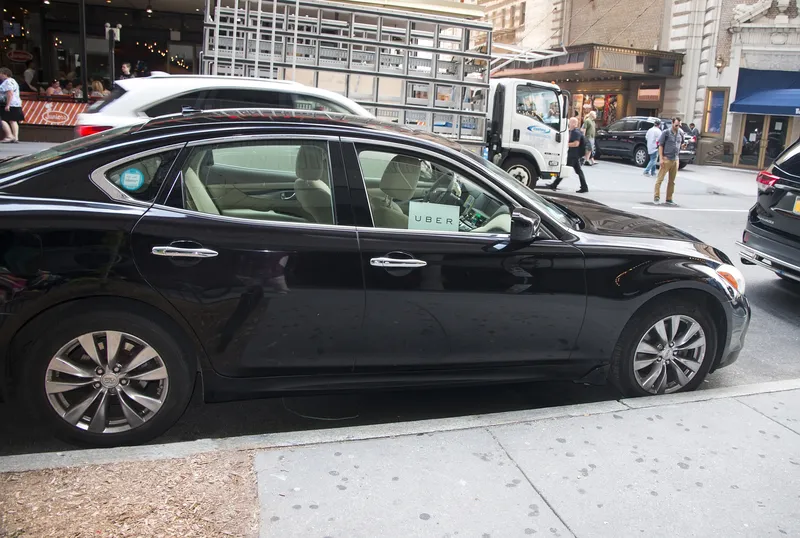Blackberry has extended its strategic partnership with Qualcomm Technologies to develop and produce automotive platforms for the next generation of connected vehicles quickly and cost-effectively.
December 13, 2017
Read time: 1 min
As part of the agreement, both companies have agreed to optimize Qualcomm Technologies’ hardware platforms with BlackBerry’s QNX software for use in virtual cockpit controllers, telematics, including Ecall and Cellular Vehicle-to-Everything technology, electronic control gateways, digital instrument clusters and infotainment systems.
In addition, BlackBerry’s over-the-air software and secure credential management services will be optimized for use with select Qualcomm’s Snapdragon modems.









